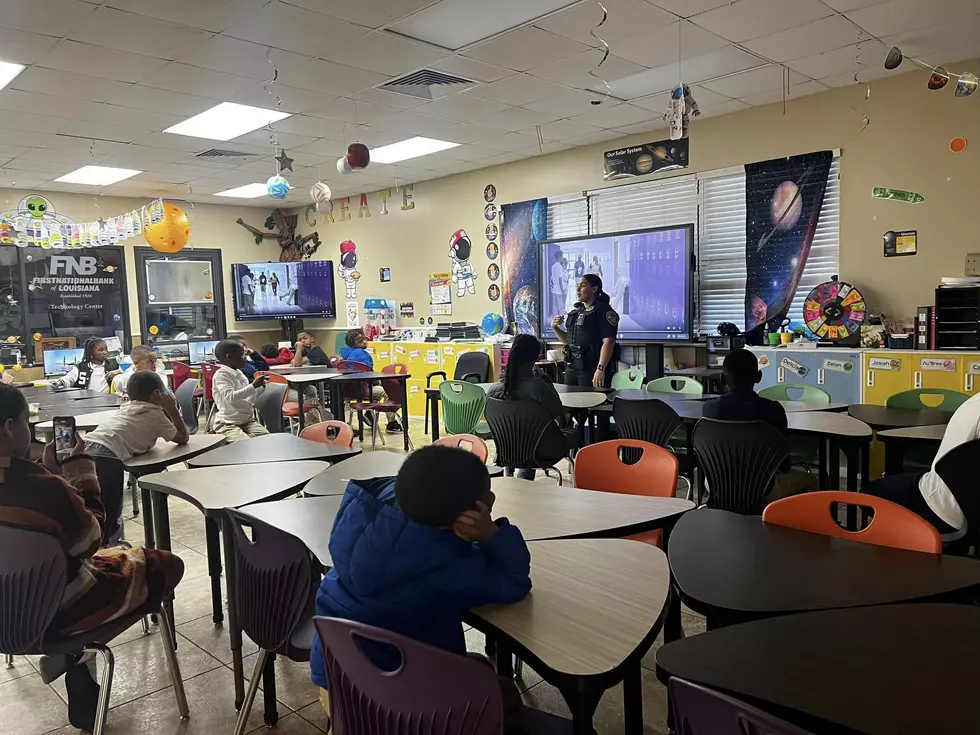
Abbeville Man Outsmarts Scammers Posing As ACP Officials
Lafayette, LA (KPEL News) - A Vermilion Parish man outsmarted scammers who wanted his personal information. He hung up on them! Chris Babin with the Better Business Bureau of Acadiana tells KPEL News that scammers are posing as officials with the federal government's Affordable Connectivity Program (ACP) to weasel their way into your bank account.
ACP provides a $30 subsidy ($75 for anyone living on Tribal Lands) toward the cost internet service for qualifying households. During the COVID pandemic, the federal government committed $14-billion to fund the program to ensure that people could get connected to the internet at their homes.

Once a customer has enrolled in ACP, that person must recertify each year. The process is called "recertification" and is typically done through an internet service provider, like LUS Fiber, Cox, and AT&T. Failure to recertify could result in a discontinuation of the credit.
Scammers have identified the recertification process as an opportunity.
An Abbeville man reported such an attempt through the Better Business Bureau's Scam Tracker. The caller asked him for voice confirmation to renew his services with the ACP by simply saying "yes." Thankfully, he recognized that it was an imposter, hung up the phone, and reported it to the BBB.
The government's Affordable Connectivity website explains that if the USAC or your ACP service provider is able to confirm your eligibility through an automated database, there is nothing else you need to do to recertify. If you need to take action, the USAC or your provider will contact you, typically via snail mail, email, or pre-recorded messages. Should you want to confirm your recertification, contact your internet company.
Babin reminds everyone that you should never give personal identifiable information (PII) over the phone or in an email that you didn't initiate. That information includes:
- Social Security number
- Driver's license number
- Medicare/Medicaid/Insurance card number
- FAFSA ID
- Other sensitive numbers that identify you through an agency
No one from a government agency will ever call you and request PII over the phone.
8 Things To Do If You Paid A Phone Scammer
Gallery Credit: Brad Carpenter/Federal Trade Commission/Canva
Ranking States with Most Online Scams 2022
Gallery Credit: Scott Clow
More From News Talk 96.5 KPEL









